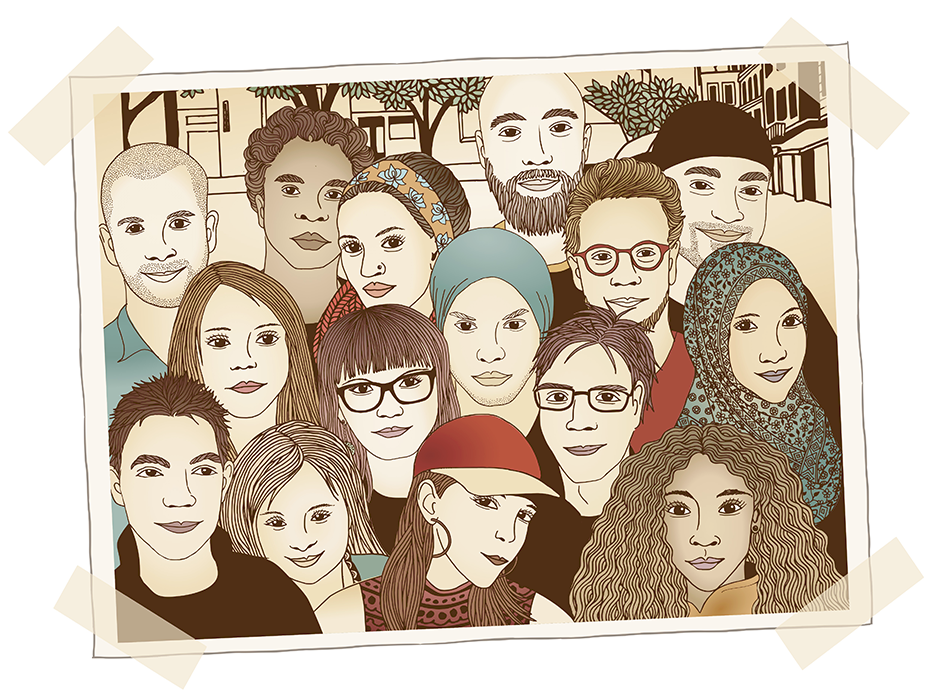 Tom Middlehurst, SSAT’s Head of Research, writes…
Tom Middlehurst, SSAT’s Head of Research, writes…
AS regular readers of our blogs will be aware, SSAT has raised some serious concerns during the DfE’s consultation period about the implementation of the Ebacc as a key performance measure.
The level of response from teachers, school leaders, and other educational organisations is encouraging; with many in the profession speaking with one voice, referencing each others’ concerns.
However, in these ongoing dialogues, we must all be very aware of our use of language, and the way in which we talk about the challenges of the Ebacc.
Specifically, imprecise language in this debate makes it too easy for ministers and civil servants to dismiss opposition to the Ebacc as the ‘bigotry of low expectations’. So, in the continued conversations, here are a few things to consider.
‘Taking the Ebacc’
In the media, and in the government’s own rhetoric, there has been a shorthand to talk about students ‘taking’ the Ebacc. However, the Ebacc is not a qualification – nor is it a formal set of qualifications for an individual.
In fact, Michael Gove stepped back from the notion of Ebacc Certificates. Rather, the Ebacc is a school and system level accountability measure. The government’s aspiration that 90% of students gain GCSEs in English, maths, the sciences, history or geography and a language is a national target – and one that it is hoped we will reach only ‘in time’.
Imprecise language in this debate makes it too easy for ministers and civil servants to dismiss opposition to the Ebacc as the ‘bigotry of low expectations’.
As such, it’s unhelpful to think about individual students ‘taking’ the Ebacc – all this does is pass the pressures of accountability onto young people and families. There have been no calls from the business world – and only a limited interest from universities – for young people to leave school with the Ebacc GCSEs (in fact, quite the opposite).
So is the Ebacc something that students really need to consciously ‘take’? No.
Hard v soft
Some opposition to the Ebacc has at once focused on the narrowness of the subjects included, while also commenting that a full range of Ebacc subjects may prove ‘too hard’ for some students.
Such arguments are self-defeating: if we want to promote the rigour, sophistication and intrinsic value of subjects not included in the Ebacc measure, it is extremely unhelpful to then ‘admit’ that the Ebacc subjects are, indeed, harder.
At a recent SSAT roundtable on the future of arts education (a report of which you can download at the foot of this article), attendees called for the need to ‘slay the dragon’ that arts are ‘soft’ and easy subjects. If we really believe this, then let’s not undermine it by claiming that history, geography and languages are intrinsically more difficult than other subjects. Which brings me to my next point…

Some students
A key challenge in the debate has been that the Ebacc is not, and never will be, an appropriate KS4 curriculum for some students – perhaps more than 10 per cent, and certainly at the school’s discretion. The dangers in language here fall into two categories:
- Implying the Ebacc is not right for low attainers
- Implying the Ebacc is not for socially disadvantaged students.
I firmly believe that all students, regardless of their prior attainment, predicted grades, past experiences, or socio-economic background (or indeed any factor), should have the opportunity of studying history, geography and languages if that’s right for them.
However, if we suggest that lower ability students are unsuited to the Ebacc, we limit their curriculum entitlement – and reinforce the notion that history, geography and languages are indeed harder GCSEs (see above).
And if we suggest that more disadvantaged cohorts are less suited, either implicitly or explicitly, then we undermine social mobility and social justice.
Just as apprenticeships must not be seen as the preserve of a certain kind of student, so an Ebacc should also be deemed for suitable for any kind of student who shows the necessary aptitudes and interests.
If we suggest that more disadvantaged cohorts are less suited, either implicitly or explicitly, then we undermine social mobility and social justice.
In SSAT’s response to the Ebacc consultation, we make the point that the decision about whether or not to encourage a student to choose Ebacc options must be based on the school’s knowledge of the interests, aptitudes and passions of the individual.
It may be that it is right that a particular low-ability, PPG-entitled boy does not study either history or geography – but equally for a particular high-achieving middle-class girl to study English, maths, double science, history, music, English literature and business studies (but no language).
The point is that this decision should never be dictated by a student’s prior attainment or their parent’s income. It’s about what’s right for them. To suggest otherwise is to undermine our challenges to the Ebacc.
So, as the department prepares its response to the consultation, and we continue to have sensible, nuanced conversations about this – let’s mind our language…
Read Responses to the Ebacc consultation – round-up.
Download The future of arts education in England.
